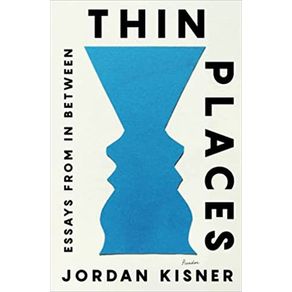THIN PLACES
Favoritar
De: R$ 212,40Por: R$ 148,68ou de
Preço a vista:R$ 148,68
Economia de R$ 63,72Calcule o frete:
Para envios internacionais, simule o frete no carrinho de compras.
Calcule o valor do frete e prazo de entrega para a sua região
Sinopse
Ficha Técnica
Especificações
| ISBN | 9781250785909 |
|---|---|
| Subtítulo | ESSAYS FROM IN BETWEEN |
| Pré venda | Não |
| Peso | 230g |
| Autor para link | KISNER JORDAN |
| Livro disponível - pronta entrega | Não |
| Dimensões | 20.83 x 13.46 x 2.29 |
| Idioma | Inglês |
| Tipo item | Livro Importado |
| Número de páginas | 272 |
| Número da edição | EDIÇÃO - 2021 |
| Código Interno | 963035 |
| Código de barras | 9781250785909 |
| Acabamento | PAPERBACK |
| Autor | KISNER, JORDAN |
| Editora | PICADOR USA |
| Sob encomenda | Sim |

